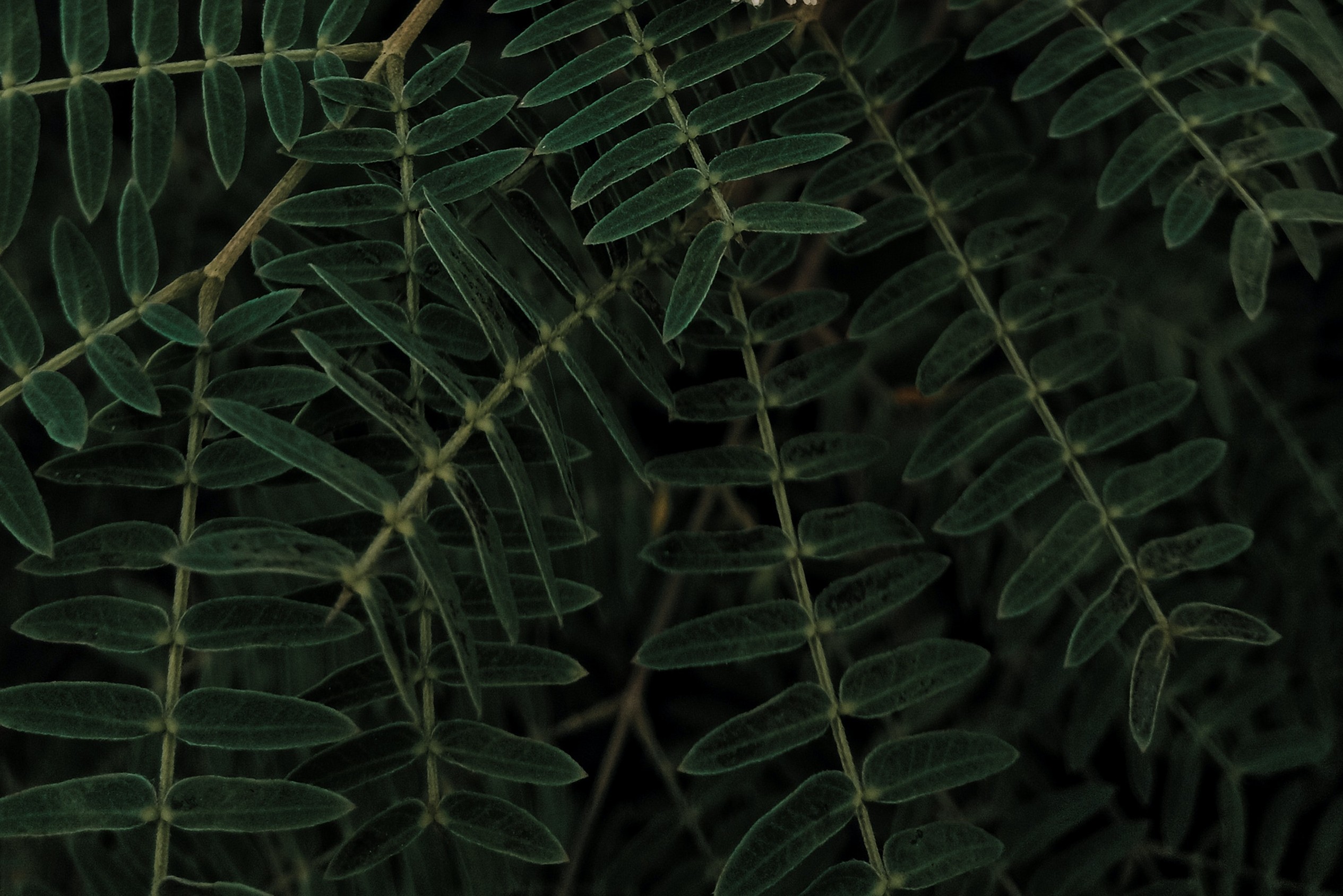
Elegy for Bundles of Hunger by Jaydrath Suna, translated by Pitambar Naik
Originally written in Odia by Jaydrath Suna
Oh, maidens, you can’t walk your way in a dream
oh, young men, you can’t live only on hope; come, let’s
go to collect the mahua flowers, let’s go to pluck the leaves
this is our bolted, darkened filthy fortune.
There you look, god took the sacred book and entitled
a hundred acres of land to someone’s fortune but didn’t
arrange a slate for us nor did he show us the way of light.
Let’s go to the mountain cleavage to eat summer berries
to collect kendu, and to pluck tamarind; searching every
patch of land set apart from the forest, bundling hunger
in the sari drape, let’s save to bring it with us.
Come, let’s go fishing with a cane pole, we could collect
hunger for some more days; let’s go to get down the palm beer
probably, we could fetch thirst for some more days.
Don’t worry, oh, young men and young women,
mothers and fathers, they could call us uncivilized
after all, we’re wild from the genesis
come, let’s sing the primitive songs, let’s worship the
mountain, carrying our deities let’s dance without a pause.
ଅଣ୍ଟିଏ ଭୋକର ଗୀତ
ଜୟଦ୍ରଥ ସୁନା
ସ୍ପପ୍ନର ପଥରେ ଚାଲି ହୁଏନିରେ ବୁଇମାନେ ,
ଆଶାର ଦିଶାରେ ବଞ୍ଚି ହୁଏନିରେ ନୁନାମାନେ ଆସ,
ମହୁଲ ବେଟିଯିବା, ପତର ତୋଳିଯିବା
ଇଏ ଆମର ଅନ୍ଧାର ଅର୍ଗଳିର ଅପନ୍ତରା ଭାଗ୍ୟ ।
ହେଇ ଦେଖ, ଈଶ୍ବର ଖଞ୍ଜିଲେ ତାଙ୍କ ହାତରେ ପୋଥି
କାହା ଭାଗ୍ୟରେ ଲେଖିଲେ ଶହ ଶହ ଏକର ଜମି
ଖଞ୍ଜିଲେ ନାହିଁ ଆମ ହାତରେ ସିଲଟ
ଦେଖାଇଲେନି ଆଲୋକର ବାଟ ।
ଆସ, ଡଙ୍ଗର କୋନଝୋଳାକୁ ଚାହାଁର ଖାଇଯିବା
କେନ୍ଦୁ ବେଟିଯିବା ତେନ୍ତୁଳି ତୋଳିବା
ସଲପ ସଲପ ପତ୍ରା ପତ୍ରା ଖୋଜି ଶାଢୀର ଅଣ୍ଟିରେ
ଅଣ୍ଟିଏ ଭୋକ ସଂଚିକି ଆଣିବା ।
ଆସ ଗରିଲାଟ ଧରି ମାଛ ଲଗାଇଯିବା ହୁଏତ କିଛି
ଦିନର ଭୋକ ମିଳିପାରେ ଆସ, ସଲପ ଉତରେଇ ଯିବା
ହୁଏତ କିଛି ଦିନର ଶୋଷ ମିଳିପାରେ ।
ଧନ୍ଦି ହୁଅନିରେ ନୁନାନନୀମାନେ ଆୟାମାନେ,ଆବାମାନେ
ଅସଭ୍ୟ ବୋଲି କହିପାରନ୍ତି ସେମାନେ ଆମେତ
ଜନ୍ମରୁ ଆଦିମ ଆସ, ଆଦିମ ଗୀତ ଗାଇବା
ଆମ ଡଙ୍ଗରକୁ ପୂଜି, ଦେବତାକୁ ଫାନ୍ଦି ନିର୍ଧୁମ ନାଚିବା ।